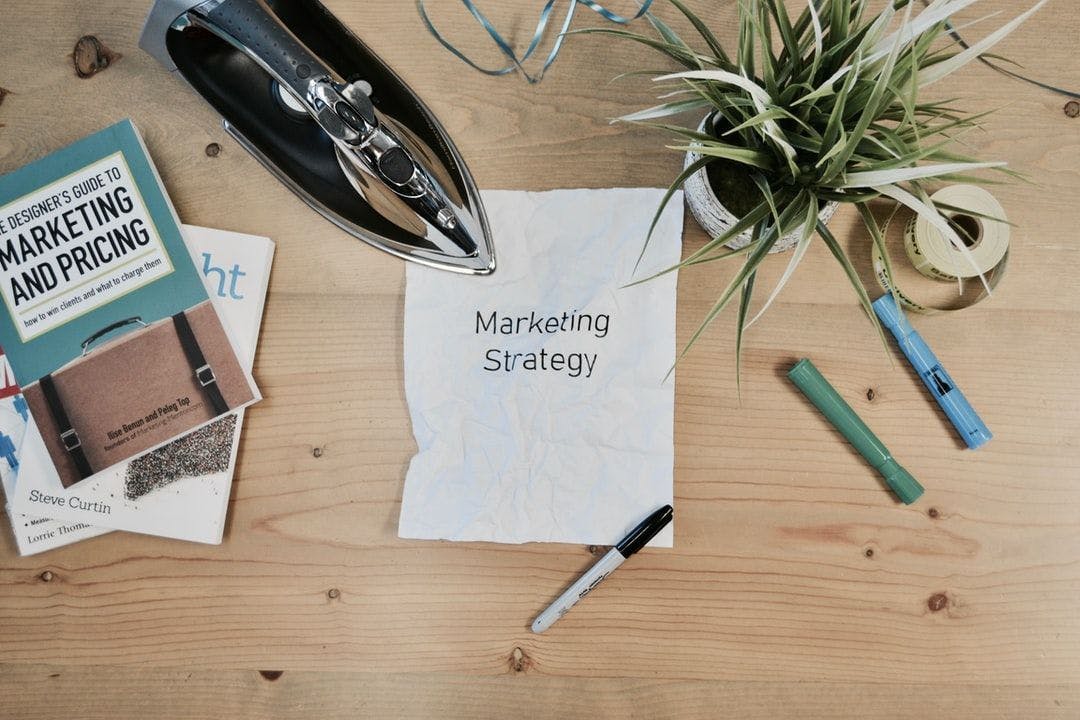286 reads
9 Practical Ways to Boost Your SaaS Marketing in 2022
by
August 4th, 2022
Audio Presented by

Don't trust me, Trust my content. I write content that converts especially for B2B Saas companies and startups.
About Author
Don't trust me, Trust my content. I write content that converts especially for B2B Saas companies and startups.
